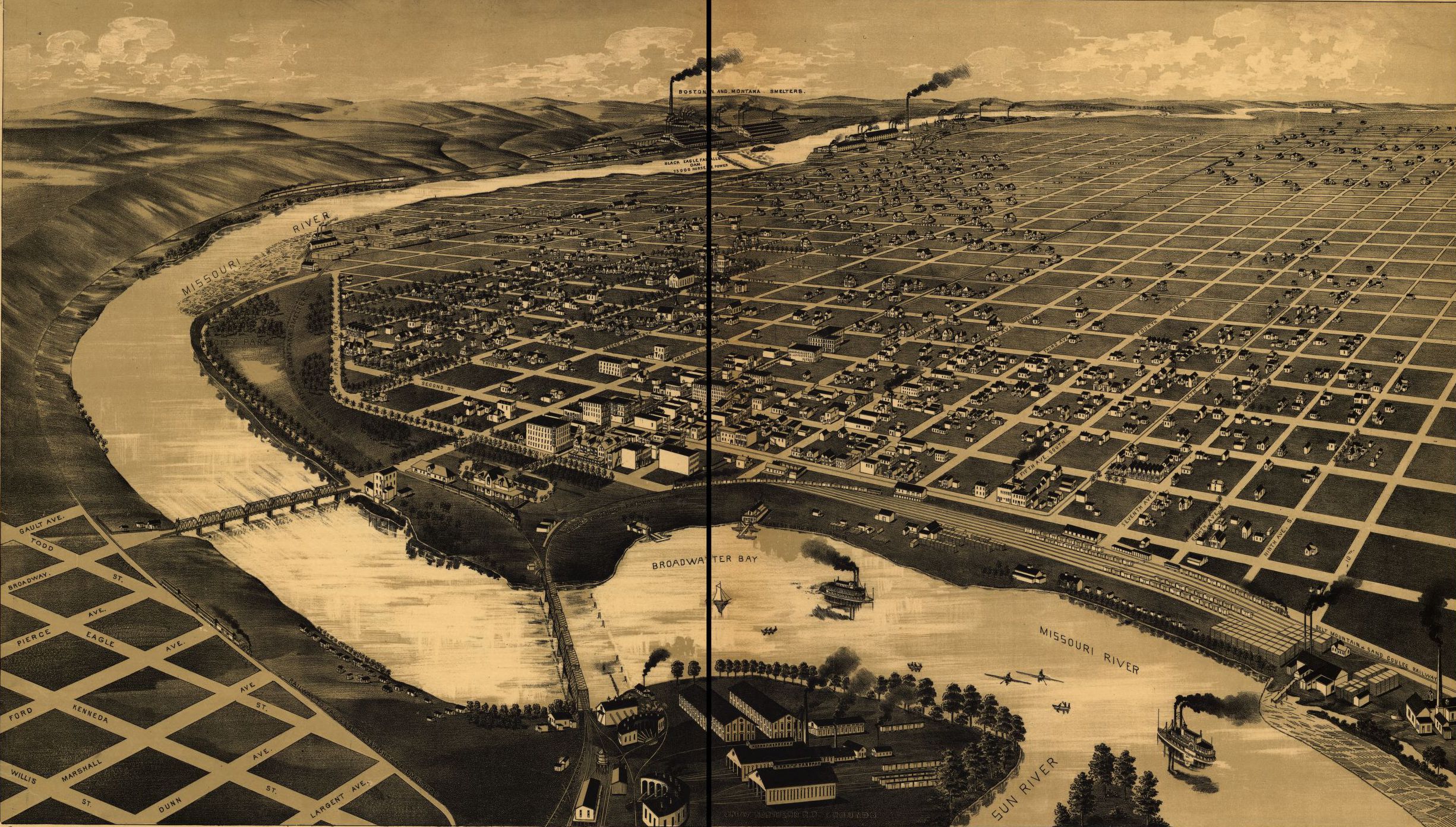When I graduated high school in 2015, I left Great Falls for the Army National Guard, and spent a year in South Carolina, Georgia, and Virginia, before coming back to Montana in 2016. In 2016, I spent a year driving school buses with Big Sky Bus Lines and trying to figure out what to do with my life. After a couple experimental pursuits into a couple different jobs while keeping my job at the bus line, I decided that it was time to go to college. A little before spring in 2017, I met my wife, Angie, who’s from Saskatchewan. Because of our faith, we had a very short courting relationship, and were engaged and married before September of that year. In the meantime, I discovered that the town she was from in Saskatchewan has a bible college that ironically accepts the GI Bill (college assistance from the US Military), and it became a no-brainer.
Not only did I get to spend time with my wife and avoid the year and a half (minimum) it takes to process a green card for her to come to the United States, it let me pursue my faith and desire to go into ministry. Furthermore, it was a way to get out of Great Falls before the Electric City robbed me of my energy. Unlike many of my peers, I wasn’t happy just working until I figure life out, or going to welding school, or smoking pot all day wondering why I was broke: I wanted to do something with my life. Most of the other kids who were ambitious already left for college, the military, or some other reason. I don’t intend to knock on people who want to be welders or figure out their lives. By all means; do it! It just wasn’t for me.
Moving to Canada was a culture shock. Though you may already know, Saskatchewan is only a three-hour drive from Great Falls. I live six and a half hours away. I still have residency in Great Falls, still have an address, and still pay Montana taxes. With my Canadian student visa, I am
also a legal resident in Saskatchewan, and pay taxes up in the “Great North” as well now. I live fifteen minutes away from Moose Jaw, which is half the size of Great Falls but has a very similar industry as Great Falls. It’s a military town (there’s a Canadian Air Force Base), it’s an agriculture centre, it’s a railroad town, and now its also booming because of oil.
When I drive to Moose Jaw, it seems like everything Great Falls could be. Now, I am not saying it’s perfect. In fact, it has some of the same problems that Great Falls has. There’s still domestic crime, drug problems, and some people can seem complacent. However, what city doesn’t? Everyone can agree with that. However, what Moose Jaw has makes it seem way bigger than it really is:
First, it has a plethora of jobs that pay more than minimum wage. Further, most of them aren’t even college-level jobs! I personally drive a school bus here (like I did in Great Falls) for about $18.00 an hour. If I can get myself on a route this fall, I’d make about $21.00 an hour and have medical benefits, and it’s not even a full-time job! And while there is still jobs that pay minimum wage, there’s a lot more diversity in what jobs there are in Moose Jaw. I have seen a posting for a welder right below a posting for an accountant. I can’t say I have seen that in Great Falls, personally.
Second, there is less crime. Maybe it’s because the homeless shelter is a lot smaller? Not trying to bash the Great Falls Shelter; they seem like wonderful people who are trying to make a difference. Personally, I have served at the homeless shelter in Great Falls, and know the important work they do there. However, my observation is that as soon as the addition to the shelter was built a couple years ago, the homeless population in Great Falls spiked, and with that—crime. Correct me if I’m wrong, as obviously I don’t have any statistics, only my perspective.
Furthermore, Moose Jaw has police checkpoints set up on Fridays and Saturdays in random areas of town in order to battle drunk driving and other illegal acts. Does Great Falls do that?
“Furthermore, Moose Jaw has police checkpoints set up on Fridays and Saturdays in random areas of town in order to battle drunk driving and other illegal acts. Does Great Falls do that?”
Third, it’s growing because new business is permitted to build here. Funnily enough, Regina, a city with a quarter-of-a-million people is only fifty minutes away, while Saskatoon (another two-hundred-fifty thousand people) is two hours up the road. Yet, Moose Jaw is also growing too. Partially, I’m sure it’s because of the oil industry at least partially. Whatever the reason, there are a lot of young people getting careers in Moose Jaw that pay decently and include benefits (not all healthcare is free in Canada).
Lastly, the downtown is bustling with people walking up and down the streets. There are people shopping at “mom-and-pops” and cars honking and cruising up Main Street. Regardless as to why Central Avenue in Great Falls is a ghost town, there are no people walking around shopping at mom-and-pop shops at all, it seems. Maybe it’s because shopping is expensive to most Great Falls residents? Since Moose Jaw has good paying jobs, its people are more excited to pay the extra buck to shop at a mom-and-pop shop instead of Wal-Mart.
Stay tuned for Part 3 of Miller’s essay.



1 thought on “Great Falls: One Young Person’s View, Part 2”